The United Arab Emirates (UAE) has long been recognized as one of the richest nations in the Middle East and a significant player in global oil exports. Yet, in a forward-thinking address at a government summit in 2015, President Mohammed bin Zayed articulated a crucial vision for the nation's future: “Fifty years from now, when we pump our last barrel of oil, will we feel sad? If our investments today are right, I believe we will celebrate that moment.” This declaration sets the stage for the UAE’s proactive shift towards sustainable development and economic diversification, making preparations for a future beyond oil.
Visitors arriving in Abu Dhabi, the capital of the UAE, may find their preconceived notions about the Middle East challenged. Rather than the barren deserts and tales of opulence typically associated with the region, Abu Dhabi presents a lively and green urban landscape. The cityscape is punctuated by lush parks and gardens, and sunlight streams through the glass façades of modern office buildings, illuminating rows of palm trees and verdant grass. The city's diverse work environment reflects a global melting pot where professionals from various backgrounds, including many from Asia, navigate through the bustling business districts.
Recent discussions with local officials revealed that themes of green innovation, openness, and sustainability are now embedded in the socio-economic fabric of Abu Dhabi. With a suite of incentives and deregulation efforts from the government, more and more companies from China are seizing the opportunity to invest here, attracted by the promise of a vibrant and growing market. Abdulla Abdul Aziz AlShamsi, Acting Director General of the Abu Dhabi Investment Office, warmly expressed, "We welcome investment from around the world; everyone is equal here, working together to expand the market pie instead of engaging in zero-sum games."
Abu Dhabi is uniquely connected, comprising numerous islands linked by bridges, which offers a picturesque setting for business interactions. The Abu Dhabi Investment Office is strategically situated on Al Maryah Island, surrounded by bustling malls, hotels, and office complexes that showcase the commercial vibrancy of the region.
In outlining the advantages of investing in Abu Dhabi, AlShamsi highlighted the area’s accessibility. “Within eight hours, one can reach 80% of the world's cities. We have the fifth-largest international port, the UAE’s biggest airport, numerous free trade agreements, and the world's leading sovereign wealth fund,” he noted. “Even more attractive is the allowance for 100% foreign ownership, enabling entities to operate independently without local partners.” Such conducive environment fosters not just regional but global business dynamics.
This inclusive and open environment is evident in Abu Dhabi’s ability to host individuals from over 200 countries and regions, creating an atmosphere where people can coexist harmoniously and thrive. To bolster economic diversification beyond oil, the Abu Dhabi Investment Office unveiled innovation programs targeting high-growth sectors such as financial services, information and communication technology (ICT), healthcare, and agri-tech. Since the launch of these initiatives in 2020, over 2 billion dirhams (approximately $545 million) in rewards have been disbursed benefiting 37 companies by early 2022.
AlShamsi adamantly believes that technology will be the catalyst for growth in all sectors. “We’re convinced that tech will benefit us across all fronts, particularly in food security, renewables, and healthcare, which are vital for sustainable development,” he stated. In recent years, there has been a noticeable surge in Chinese investments within Abu Dhabi. Notable collaborations include the partnership formed in 2019 between SenseTime and the Abu Dhabi Investment Office, which led to the establishment of an AI research center focusing on healthcare, remote sensing, and education in the UAE's capital.
During the pandemic, the Chinese National Pharmaceutical Group initiated international clinical trials for its inactivated COVID-19 vaccine in Abu Dhabi. Furthermore, a friendship port cooperation agreement was signed online in December 2021 between the Shandong Port Group and the Abu Dhabi Port Group. By June 2022, a memorandum of understanding was inked between the Abu Dhabi Economic Development Department and Shandong Province to deepen industrial collaboration.
“Once Chinese enterprises arrive in Abu Dhabi, we ensure they connect with global firms and markets, enabling them to service customers well beyond China,” AlShamsi elaborated. Demonstrating his commitment to foster these ties, the Abu Dhabi Investment Office set up a representative office in Beijing in 2021, thereby streamlining support for Chinese investors. The office offers crucial backing through an array of services tailored for innovative companies in high-growth sectors like financial services, ICT, healthcare, and tourism.
Abu Dhabi has its sights firmly set on building a robust technology ecosystem, featuring keywords like “innovation,” “technology,” and “ecosystem” pervading discussions with officials. The emirate embraces not only large, established companies but also startups, offering a nurturing environment through platforms like Hub71. This dynamic space, home to a diverse range of startups and in collaboration with the Abu Dhabi Investment Office, thrives on an entrepreneurial spirit where young, driven professionals prosper.
Ahmad Ali Alwan, Deputy CEO of Hub71, highlighted how the ecosystem’s growing strength magnetizes global innovators. Startups find themselves equipped with vital resources, networking opportunities, and market access necessary for sustainable growth. Companies cajoled into the Abu Dhabi Innovation Program contribute to the economic diversification of the emirate through innovative solutions targeted at local challenges.
Hub71 extends myriad offerings to new tech companies, including housing allowances, office space, healthcare benefits, consulting, and legal support. Currently, this burgeoning network comprises more than 200 startups across 21 sectors, generating over 900 job opportunities, notably in areas like fintech and health tech. Last year alone, Hub71 welcomed 51 high-growth tech firms into its fold and has partnered with over 30 venture capital funds, collectively raising more than $1.2 billion since 2019.
One venture capital firm of note is He Yuan Capital, the only Chinese-backed firm involved. It has established the largest venture capital fund in UAE history, with major local organizations like the Abu Dhabi Investment Office and Mubadala Development Company financing it. He Yuan Capital Managing Partner Ben Harburg noted in an interview that the Gulf Cooperation Council (GCC) possesses a thriving startup ecosystem characterized by a young workforce, significant consumer spending, long online engagement, and burgeoning e-commerce sectors. Unlike many regions, Abu Dhabi’s competitive dynamics offer new entrants substantial opportunities to carve out their market spaces.
To break free from its oil-centric economy, the UAE is heavily investing in renewable energy sources, including solar and nuclear power, to champion sustainability. In 2021, the nation unveiled its "Net Zero by 2050" initiative, pledging over 600 billion dirhams towards renewable energy projects, positioning itself as the first oil-producing country in the Middle East to announce a net-zero carbon strategy. The upcoming United Nations Climate Change Conference (COP28) scheduled in Dubai later this year reflects this ambitious agenda.
Sheikha Al Mazrouei, Executive Director of the Abu Dhabi Environmental Agency, detailed the UAE’s vision for its 2071 Environmental Centennial Plan, which aims to protect the rich ecosystems of Abu Dhabi, develop a diverse renewable energy portfolio, and shift towards a green economy. Such progressive environmental policies will help pave the way for a sustainable future.
Chinese companies are increasingly becoming instrumental in Abu Dhabi’s renewable energy endeavors. The Noor Abu Dhabi solar power project, which officially began commercial operations in April 2019, is a collaboration between Chinese solar expert JinkoSolar and the Abu Dhabi Energy Authority, producing vast amounts of clean energy. Covering an area of eight square kilometers and boasting a capacity of about 1 gigawatt (GW), it was the world’s largest solar independent power plant at the time.
With sunny weather year-round, solar energy has become the second-largest power source in the UAE. Furthermore, China’s involvement in nuclear development is pivotal to Abu Dhabi's energy diversification plans. Recently, the UAE's Nuclear Energy Company (ENEC) signed memoranda of understanding with key Chinese entities, strengthening collaborations focused on nuclear fuel supply, operation, and research.
As part of its quest to achieve its 2050 net-zero ambition, the UAE aims to derive 6% of its energy needs from nuclear power, with China expected to play a crucial role in this energy transition initiative.

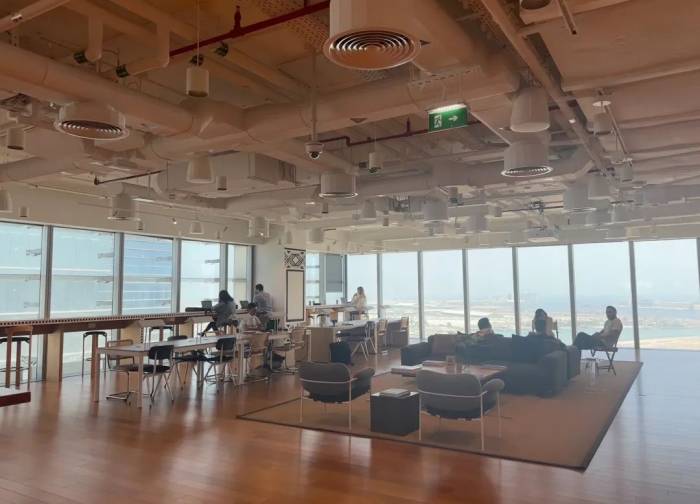
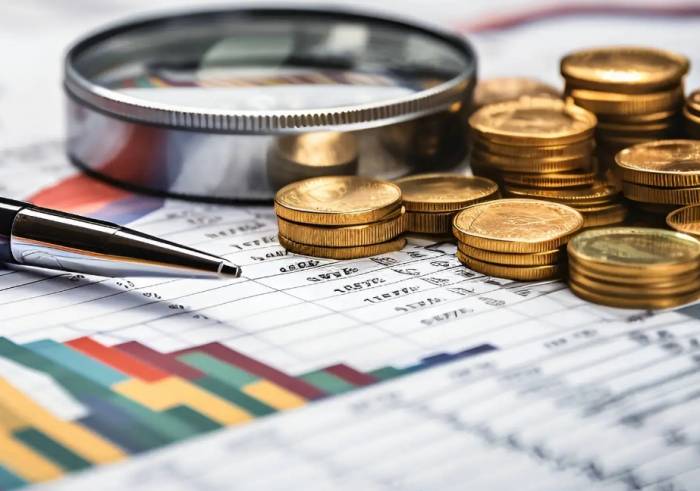

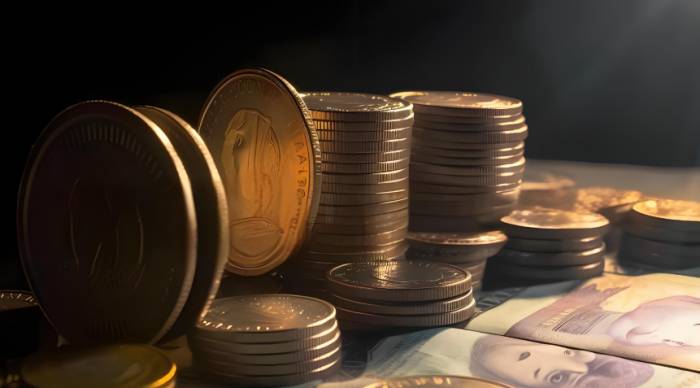



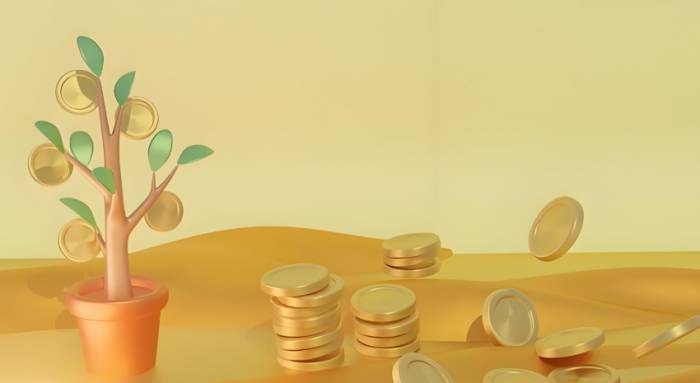




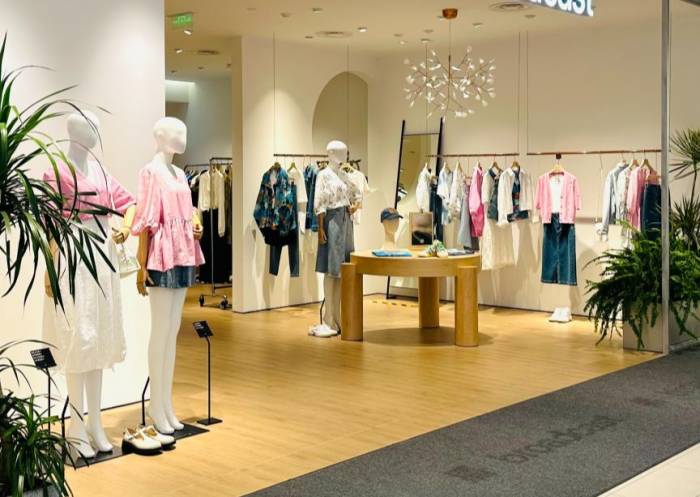
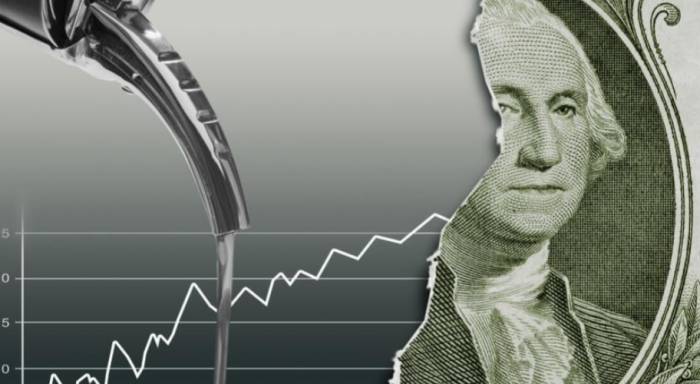


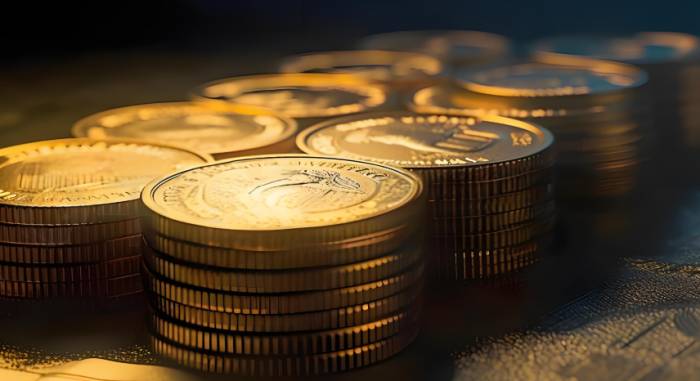





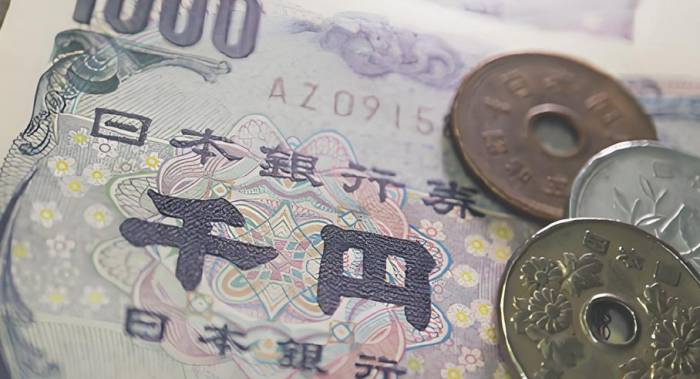

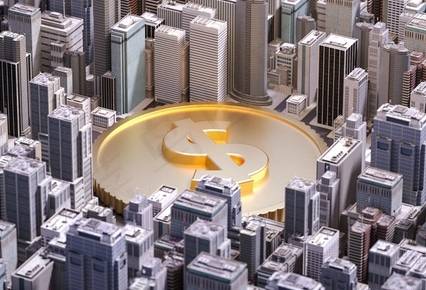




Join the Discussion